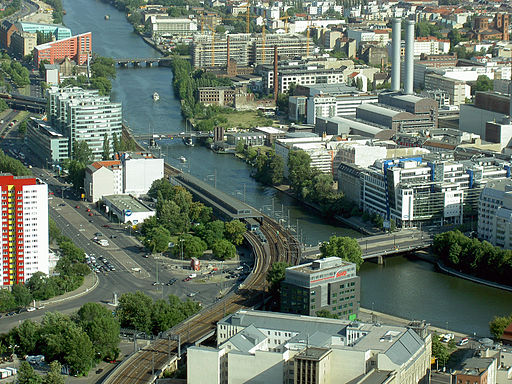
Auf Wiedersehen, Meine Liebe!
Berlin, Tuesday, May 26th: Summer crowds throng the cafes around the Alexander Platz. “Why do you Brits want to turn your backs on Europe?” a few ask. But most don’t care.
Amongst the older generation, there is genuine puzzlement. They view membership of the EU from a very different perspective to the British. We see Europe from an economic point of view. Germans, on the other hand, have a much broader, culturally and historically rooted agenda. For Germans, the EU represents a stunning achievement which has brought the whole of central Europe stability, harmony and peaceful co-existence between countries who went to war twice in a century – indeed, three times if you count the Franco-Prussian war of the 1870’s.
Germany’s post-war recovery and economic prosperity has created a country at the heart of Europe in which the social classes are far more integrated than is the case in British society. Trade unions and the senior managers of industrial enterprises have a shared vision of their mutual long-term interests. generous welfare, healthcare and pension provision (though expensive), plus the free movement of labour, are the bedrock of this prosperity. British society has undergone a very different type of evolution. Our demand for much greater economic autonomy and reductions in our financial contributions to the European project is seen as “special pleading” – “too many sausages on the barbeque”, as they say.
Germans are also very conscious of threats along their borders. Their eastern neighbours are menaced by Putin’s rabid nationalism; all the Baltic states fear Russian aggression.
Nevertheless, there is on one issue a growing consensus: that of immigration. There is beginning to dawn some more understanding of Britain’s exasperation. Reform and change are urgently needed, but most Germans ask the question, “why not remain committed within the European family, rather than leave?”. For if Britain leaves, this problem will remain and get a lot worse – for all of us in Britain and in Europe.